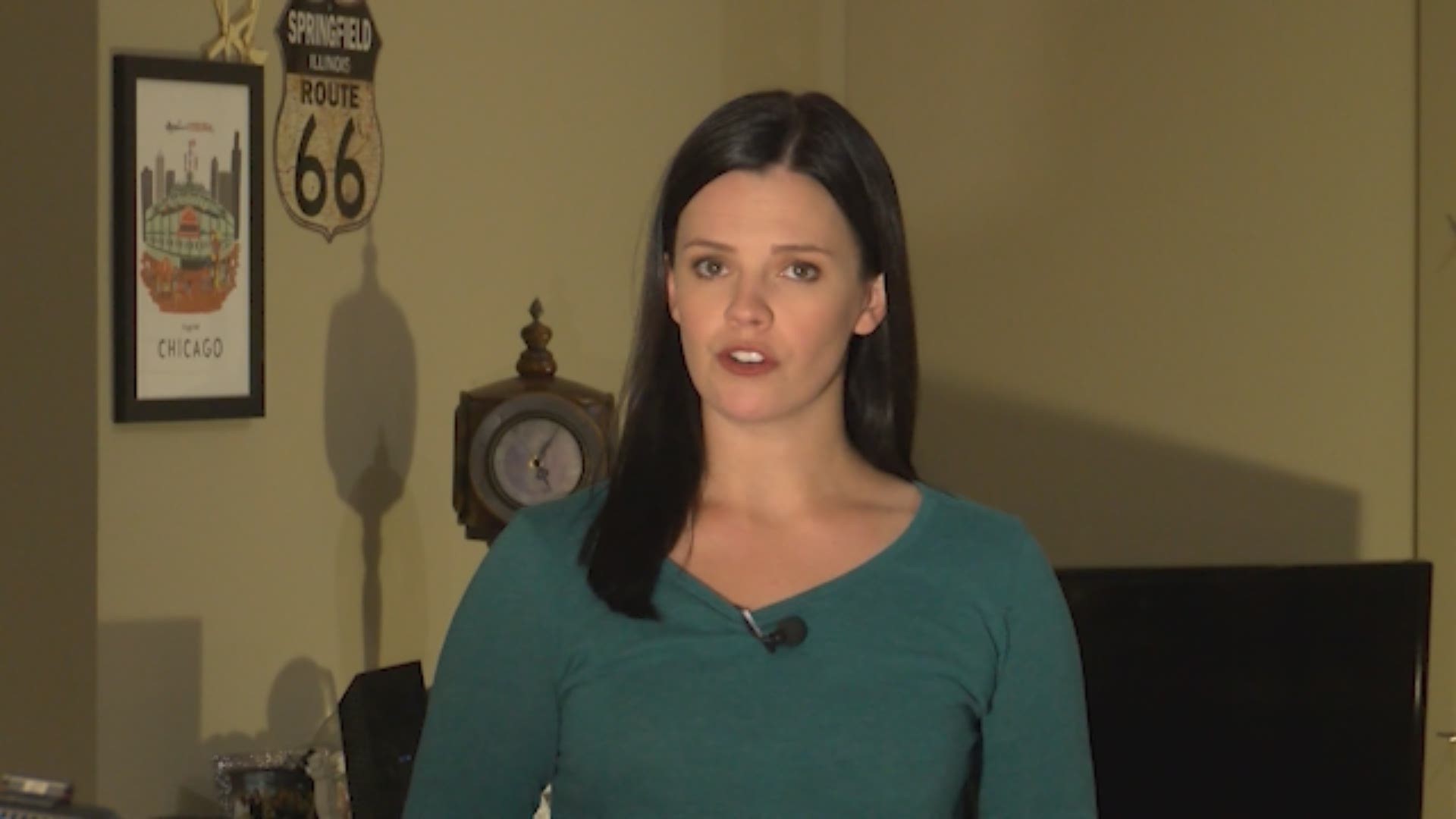DES MOINES, Iowa — Schools across Iowa won't be re-opening until at least May after Gov. Kim Reynolds extended her closure proclamation Thursday in an effort to slow the spread of COVID-19.
"I hereby order that al public schools and nonpublic schools, as defined in Iowa Code 280.2, shall remain closed until and including April 30, 2020, to prevent and control the transmission of COVID-19," Thursday's proclamation reads.
So what does this mean for your kids?
Well, most of them will be encouraged to do some type of educational activity during the hiatus. Some might even be required to participate.
The Iowa Department of Education issued guidance to schools on March 27 outlining two continuous learning opportunities they've approved for schools to use during the pandemic.
Continuous learning is what the Iowa DOE is calling online learning, e-learning, distance learning and virtual learning.
Voluntary Educational Enrichment Opportunities
One options schools can choose to provide is a voluntary learning program.
Students are given the option of participating in remote learning activities, such as virtual lessons or paper-packets put together by instructors, but these are not mandatory.
Students won't be graded and the work doesn't count toward credit for a class. Teachers can, however, provide feedback to students on the work.
Required Educational Services
If a district chooses to require student participation, the kids will get graded on the work, attendance will count and credit can be received for the remote learning that takes place.
This is tougher for schools to implement because there are certain hurdles districts have to overcome to ensure all students have equal opportunities to participate.
"We encourage schools to work as quickly as possible on their plans, which may include the delivery of content through online learning, paper packets of assignments or both," Iowa Education Director Ann Lebo said.
If a school decides neither of these options will work, students will be required to make up some of the time missed.
Reynolds signed a bill allowing students to not have to make up any time missed up until April 13. If a school doesn't implement either a voluntary or a required continuous learning program, students will have to make up the time missed between April 13-April 30.
"While we strongly encourage schools to provide continuous learning opportunities through one of these two options, they are not required to do so," Lebo said. "Districts and accredited non-public schools may offer to not offer continuous learning in which case the department will follow up to ensure that missed instructional time is made up in a manner that is appropriate with circumstances at that time."
Reynolds said closing schools until at least April 30 was a tough, but necessary decision.
"Iowa schools are among the best in the country, and even now in this time of extreme difficulty and challenging times, I believe that we can still shine and make sure that we're providing every opportunity for continuous learning for our students," Reynolds said.
Schools around Iowa prepare for virtual learning
Saydel Community School District already started providing voluntary educational opportunities for students at home.
Right now, they're figuring out if the required option would be feasible for their district.
"It's still a lot of unknowns," Saydel Superintendent Todd Martin said. "We're trying to be flexible and we're trying to problem solve as information starts coming our way. We just need more information and more decisions to be made so that we can continue to work at the local level."
Martin said his district has two major hurdles to overcome before Saydel can require students to participate in remote learning.
One issue is internet access.
Martin estimated around 10% of Saydel families don't have internet access. That is between 100-150 students.
"We've talked about putting hotspots on busses and having general locations where kids could go to," Martin said. "We have also talked about, with some of the reductions in monthlys, actually looking to get internet services to some of our families if we can afford that."
Another problem Martin mentioned is getting students with IEPs the help they need.
"That is a huge hurdle for us," Martin said. "We are currently discussing how we may do that if we decide to move toward the required educational services."
The Iowa Department of Education said continuous learning is compatible with civil rights protections for students with disabilities.
They said schools will need to have alternative options for students who can't participate in online learning, like paper-packets and phone or video conferencing.
"For every problem we have, there are 100 things we have to solve to figure out those barriers," Martin said.
Martin reminded parents, you're your child's number one teacher.
But he recognizes parents don't have formal training to teach their kids.
"Our goal at Saydel is to try to provide material and resources that are parent-friendly so they can help their children move forward," Martin said.
Schools have until April 10 to tell the Iowa Department of Education if they'll be providing voluntary or required continuous learning options for their students.
Reynolds said right now, she's not ordering schools to close for the year. She said she is looking at data in Iowa daily to make decisions on ramping up or dialing back closures in the state.

